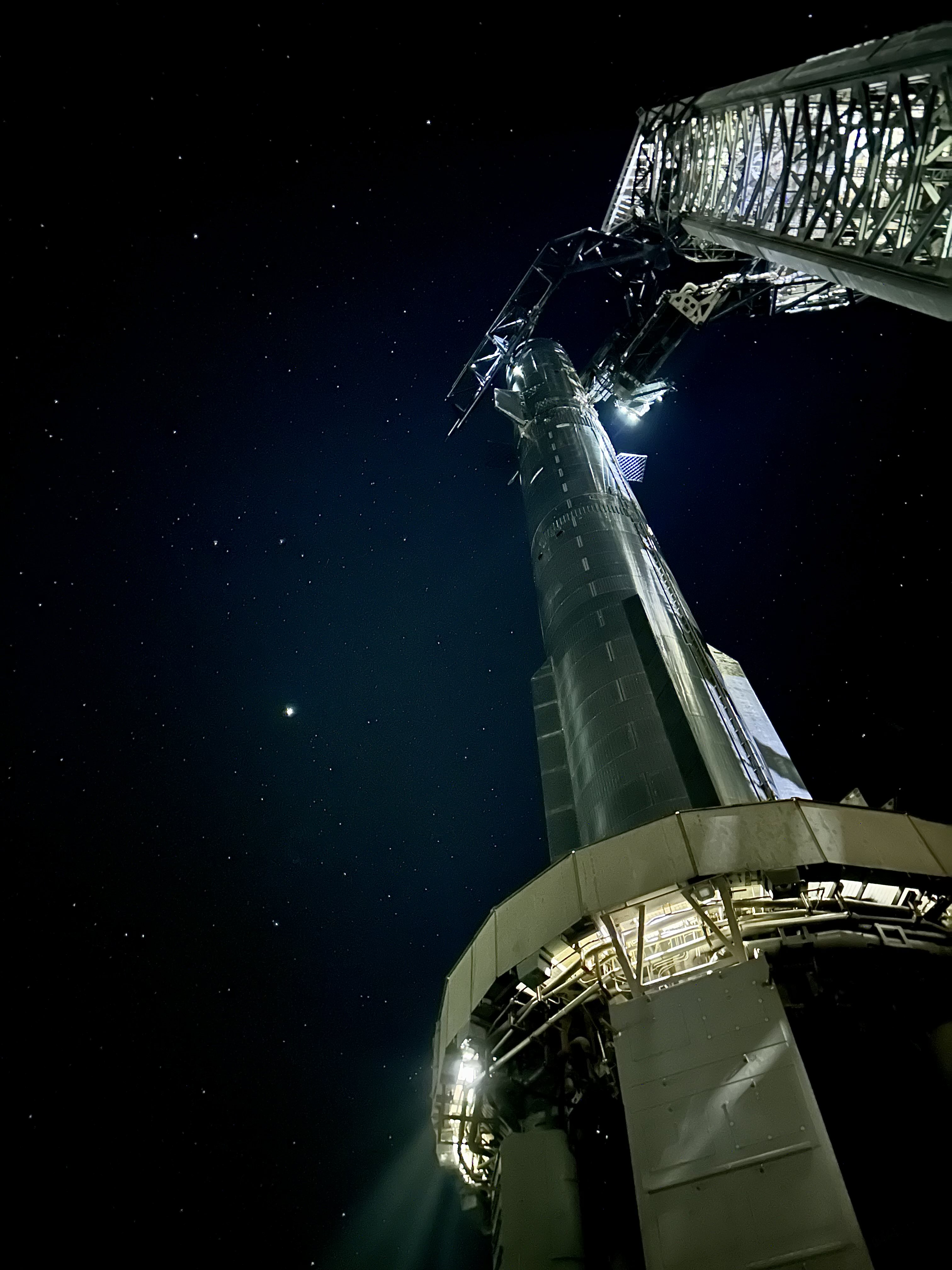How QBAR: Quantum Computing, Blockchain, AI, and Reusable Rockets Could Change the World
QBAR: Quantum computing, the Blockchain, Artificial Intelligence and reusable Rockets are four technologies that have the potential to transform the world in the 21st century. Each of them offers new possibilities and challenges for humanity, and together they could create a synergy that could accelerate our progress and innovation.

Quantum computing is the technology that uses the principles of quantum mechanics to perform calculations faster and more efficiently than classical computers. Quantum computers rely on qubits to run and solve multidimensional quantum algorithms. Quantum computing could enable breakthroughs in fields such as cryptography, optimization, machine learning, chemistry, physics, and medicine However, quantum computing also poses risks such as breaking widely used encryption schemes and creating ethical dilemmas.
The blockchain is a decentralized, distributed, and often public, digital ledger consisting of records called blocks that are used to record transactions across many computers so that any involved block cannot be altered retroactively, without the alteration of all subsequent blocks. The blockchain could enable applications such as cryptocurrencies, smart contracts, digital identity, supply chain management, and voting systems. However, the blockchain also faces challenges such as scalability, security, regulation, and environmental impact.
Artificial intelligence (AI) is the intelligence of machines or software, as opposed to the intelligence of humans or animals. It is the field of study in computer science that develops and studies intelligent machines. AI has various sub-fields, goals, and applications in various domains. Artificial intelligence could enhance our capabilities in areas such as web search, recommendation systems, speech recognition, self-driving cars, creative tools, and strategy games. However, artificial intelligence also raises concerns such as job displacement, social bias, human dignity, and existential risk.
Reusable rockets are launch vehicles that have parts that can be recovered and reflown, while carrying payloads from the surface to outer space. Rocket stages are the most common launch vehicle parts aimed for reuse. Reusable rockets could reduce the cost and increase the frequency of space exploration and travel. Reusable rockets could enable missions such as satellite deployment, space station resupply, lunar landing, and Mars colonization. However, reusable rockets also require additional technologies and infrastructures such as heat shields, grid fins, parachutes, retrorockets, runways, and drone ships.
These four technologies are not isolated from each other, but rather interact and influence each other in various ways. For example, quantum computing could enhance the performance and security of the blockchain and artificial intelligence. The blockchain could provide a platform and a protocol for decentralized and distributed artificial intelligence and space exploration. Artificial intelligence could assist in the design, control, and optimization of reusable rockets and space missions. Reusable rockets could enable the deployment of quantum computers, blockchain nodes, and artificial intelligence systems in space.
